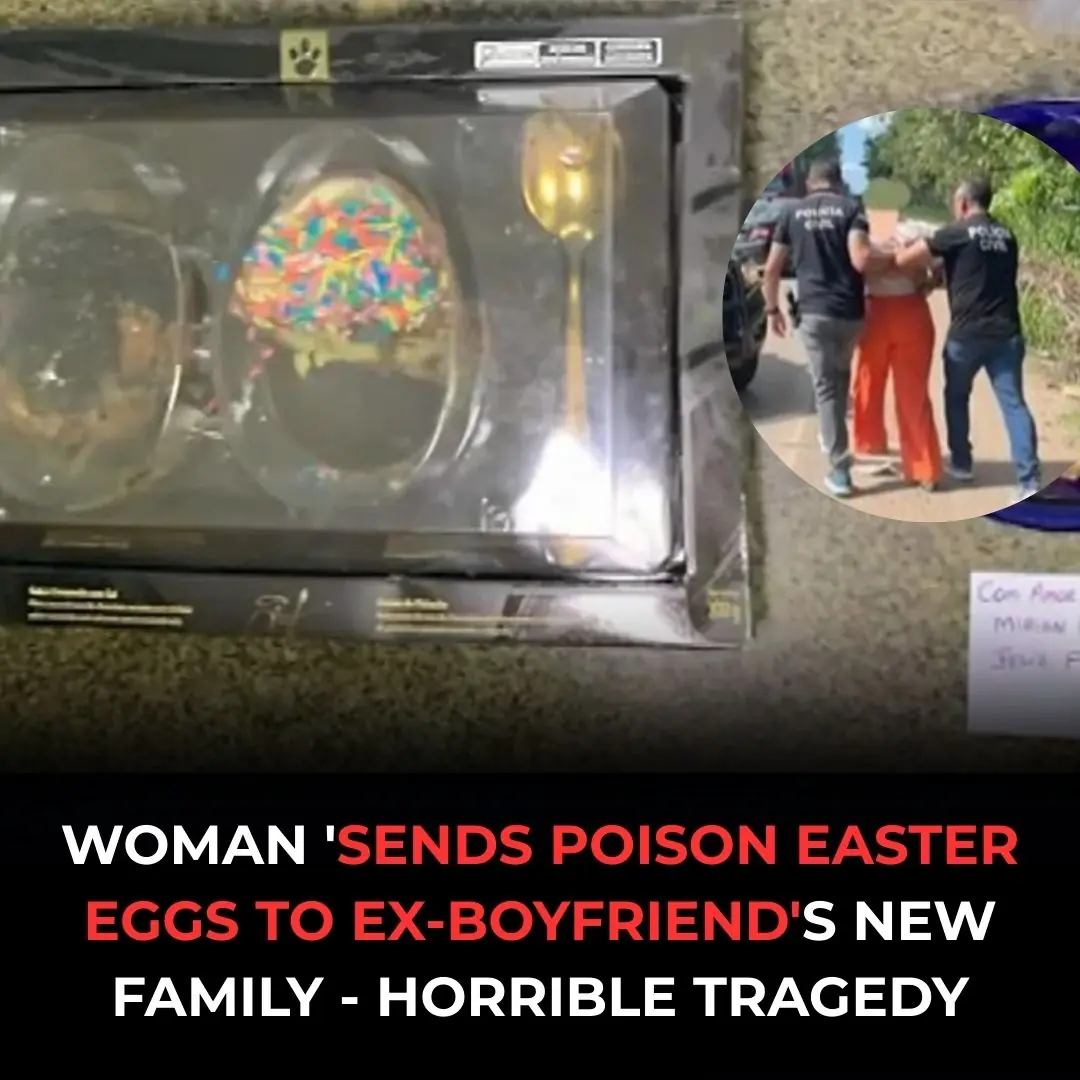
My Son Helped a Blind Old Man Pay for His Groceries – Today, a Convoy of Black SUVs Pulled Up to Our House
It’s always been just me and Jordan.
No partner. No nearby relatives to call when things got rough. Just the two of us, surviving on thrift-store grit and whispered prayers, scraping by on threadbare hope and sheer will.
I had Jordan when I was 22. His father left before I even got the chance to tell him I was pregnant. I remember the moment I first held my son—tiny, warm, fragile. I felt a flood of love and fear that nearly drowned me. I didn’t know how to be a mother. I just knew I had to try.
Thirteen years later, I still don’t have all the answers. I juggle two jobs—waitressing during the day and cleaning offices at night. I come home reeking of kitchen grease and disinfectant, crawl into bed, and wake up five hours later to do it all again.
Jordan grew up in the middle of that storm. I know he carries the weight of it. I’ve seen it in the sharp way he talks back, the way his jaw clenches when I say no, how his fists curl like he’s always preparing to fight the world.
He isn’t a bad kid. But lately, he’s been making choices that scare me.
He’s been skipping classes. Starting fights. Getting in trouble. Just last month, I got a call from the principal—he’d pushed a boy down the stairs. I couldn’t recognize the boy they were describing. And then, three weeks ago, two officers showed up at our front door.
They sat in my kitchen and told me in clipped tones: “He’s on a path you don’t want him to walk down. You need to do something now.”
After they left, I sat on the hallway floor and cried until my eyes were swollen. I cried for the little boy who used to crawl into bed beside me, clutching his stuffed tiger. I cried for the angry teenager who now looked at me with something close to resentment. And I cried for myself—for trying, and still feeling like I’d failed.
I didn’t hear Jordan come out of his room, but I felt him sit beside me. Quiet. Heavy.
“I’m sorry, Mom,” he whispered. “I didn’t mean to make you cry.”
I wiped my face on my sleeve and nodded, not trusting my voice.
“I want to do better. I really do. I want you to be proud of me.”
That night, I couldn’t sleep—not because I didn’t believe him, but because I did. And that scared me more than anything.
In the days that followed, something shifted.
Jordan started waking up early, tidying up without me asking. I caught him walking Mrs. Callahan’s dog one morning, and later helping Mr. Robinson rake his yard. He was quiet about it—never bragged, never asked for anything in return.
At first, I thought it was guilt. But days turned into weeks, and he didn’t stop. He was trying—not just performing, but really trying.
Then came the morning that changed everything.
It was my day off. I was still in my robe, nursing a cup of coffee, when there was a knock at the door—loud, deliberate. I looked through the blinds and froze.
Three men in black suits stood on our porch. Behind them, a line of dark SUVs stretched down the block like something out of a spy movie.
One of the men stepped forward, holding up a photo. “Is this your son?”
My heart nearly stopped. My voice trembled. “What happened? Is he okay? Please, he’s been trying so hard... please tell me he didn’t hurt anyone...”
Before the man could respond, another voice spoke from behind them—calm, sure.
“I believe you’ve misunderstood.”
An older man stepped forward, guided by a woman in a navy suit. His eyes were pale—sightless—but he moved with quiet authority. He was blind, but every inch of him radiated dignity.
“I met your son yesterday,” he said. “At the grocery store. I’d left my wallet in the car. Your son... he paid for my groceries. Without hesitation. He didn’t ask who I was. He just helped.”
My mouth went dry.
“He told me I reminded him of his grandfather,” the man said with a soft smile. “And that you taught him not to walk past someone in need.”
Jordan padded into the hallway then, blinking the sleep from his eyes.
“Where did you get the money?” I asked, voice cracking.
He looked at the floor. “I’ve been working. Doing odd jobs. I wanted to surprise you for your birthday.”
I didn’t realize I was crying until I felt the tears on my hands.
The man handed me a card. On it, just a name and number.
“When the time comes,” he said, “call me. I’d like to sponsor your son’s education. Any school. Any dream. Let’s get him to where he belongs.”
And then he was gone.
Jordan stood next to me, uncertain.
“Did I mess up?” he asked, eyes wide.
I shook my head, tears still falling. “No, baby. You did everything right.”
That evening, he gave me a note he’d tucked into my coat pocket:
“Mom,
I know I’ve messed up. I know it’ll take time to fix things. But I’m going to spend my life trying. For real. I love you.
—Jordan”
I read it a dozen times. It was messy, pencil-scratched and misspelled—but to me, it was a promise carved from love.
A few days later, I got a call from Jordan’s school. My heart dropped.
But the voice on the other end was cheerful. Miss Hayes, his art teacher, invited me to a small student exhibit in the library. “You’ll want to see his piece,” she said.
It was titled “In Pieces, Still Whole.”
A black-and-white self-portrait, fragmented and reassembled with golden paint lacing the cracks. Kintsugi. He didn’t know the word, but he understood the meaning—he was still whole, even if broken.
I stood there, staring. And for the first time in years, I felt pride bloom in my chest instead of panic.
He peeked at me from behind a bookshelf. I mouthed, You did good, and he grinned, sheepish and proud.
My birthday fell on a quiet Sunday. I expected nothing. But Jordan had baked a crooked chocolate cake—with help from Mrs. Callahan—and picked wildflowers from the field behind the grocery lot. He handed me a gift bag.
Inside were brass hoop earrings with little moonstones—my favorite kind.
“I love them,” I said, pulling him into a hug. “But not as much as I love you.”
He grinned. “Next year, I’m getting you something bigger.”
“Shiny and weird,” I said, laughing. “Just the way I like it.”
That night, I left the door unlocked.
Because my son—my brave, broken, beautiful boy—was finding his way home.
And I believe in him.
News in the same category

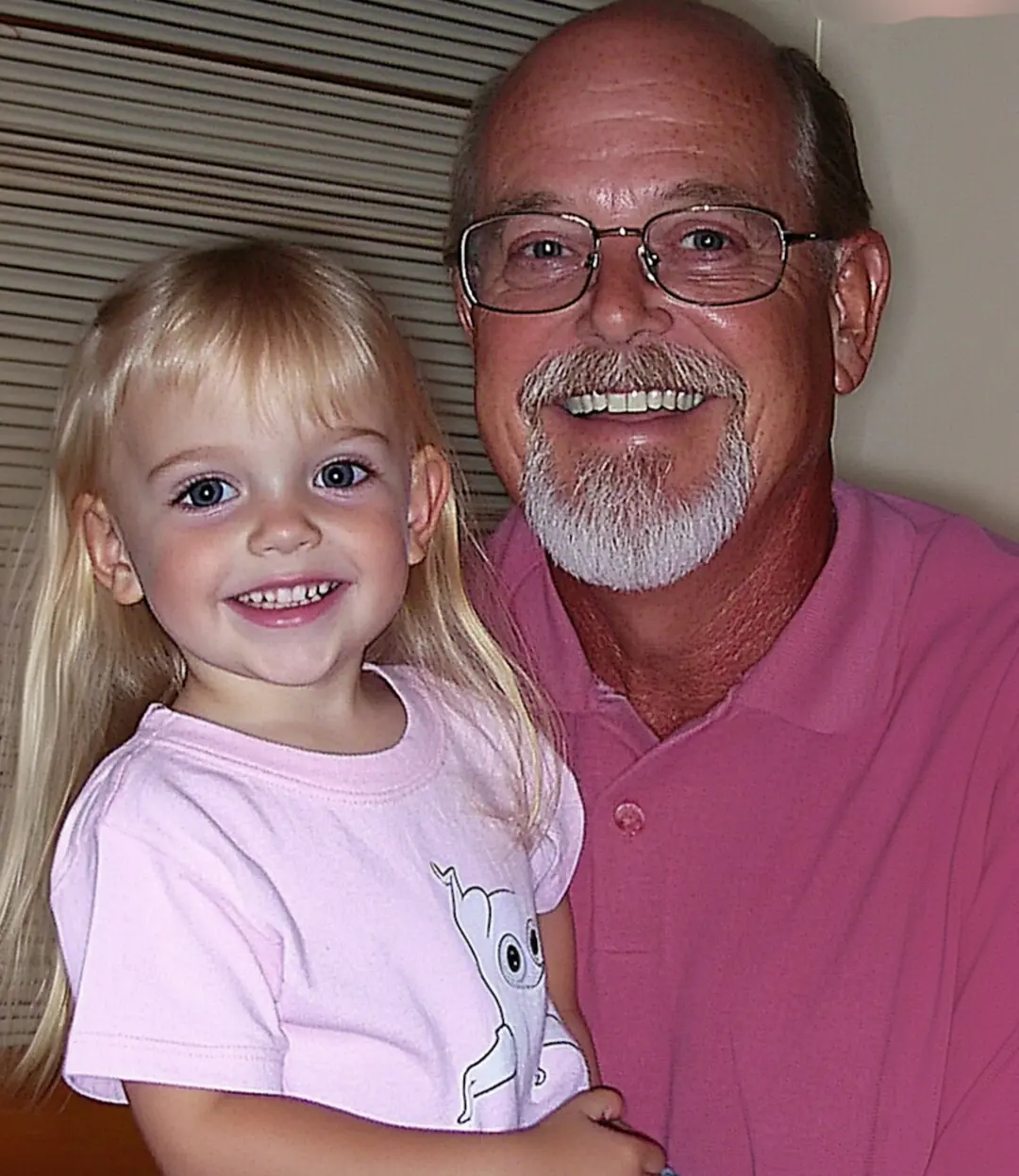
Granddad Forbids Anyone from Touching His Old Mattress, Girl Finds Stash There after His Death
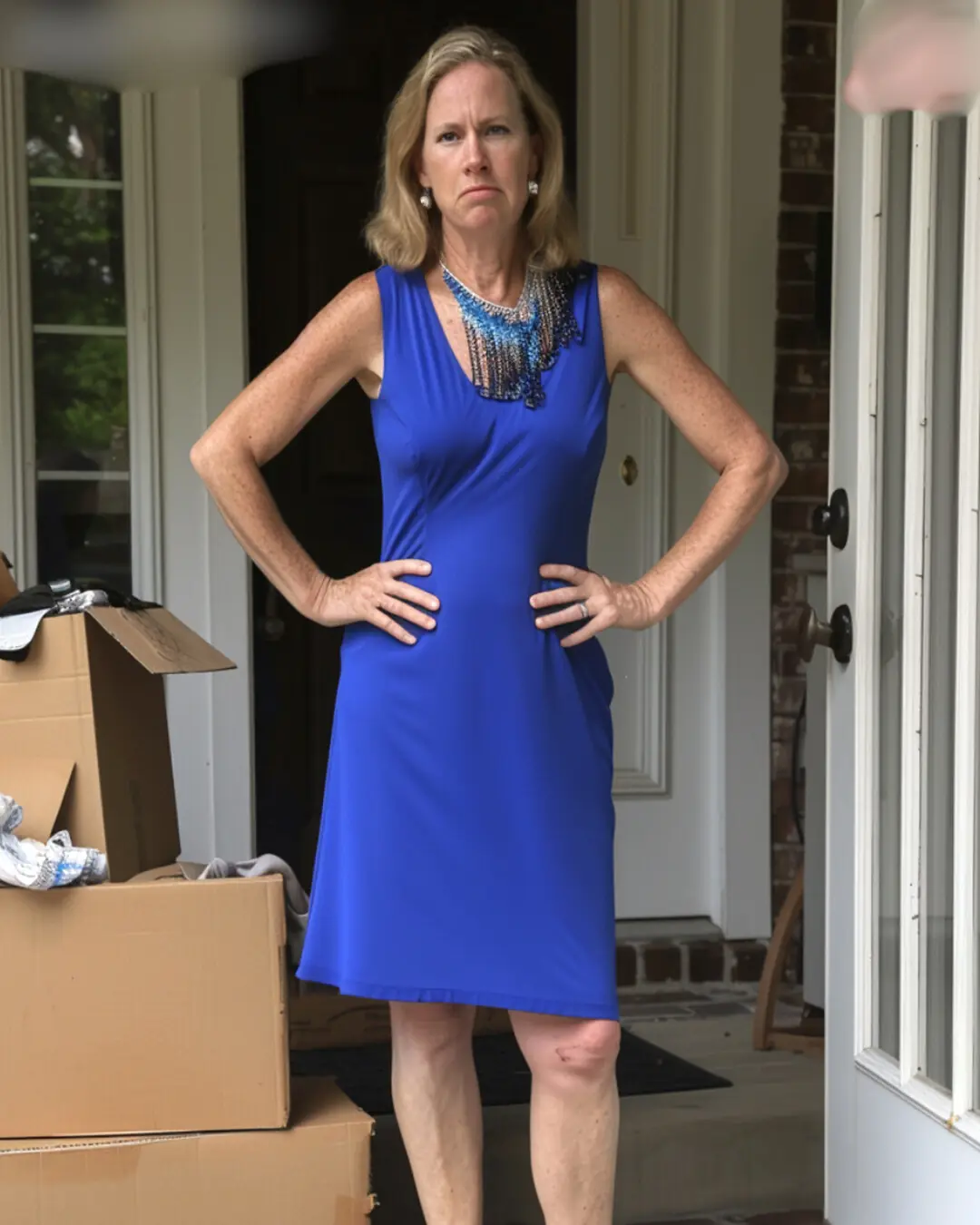
My Stepmom and Her Adult Kids Changed the Locks After My Dad's Funeral – But My Mom Had the Final Word
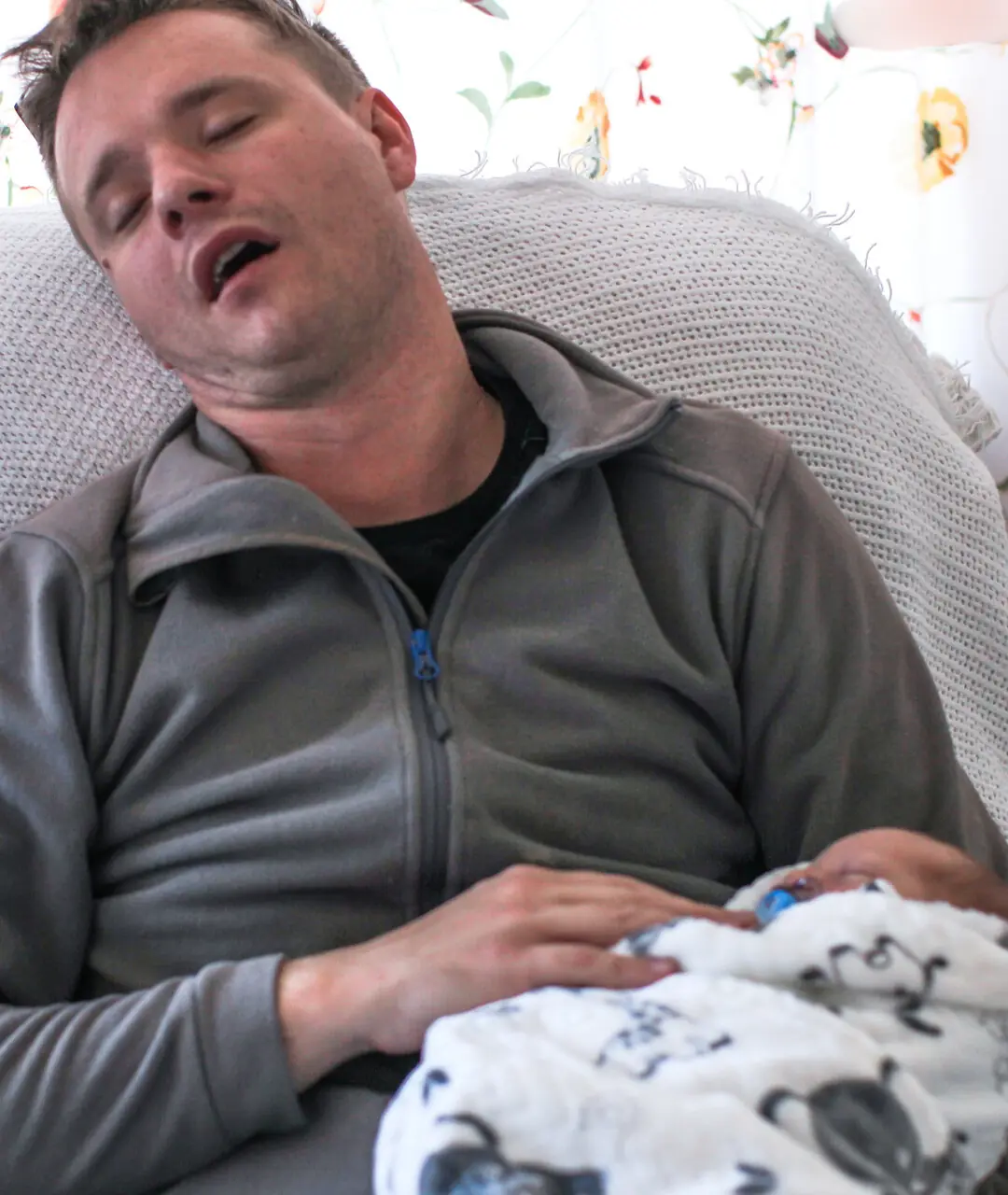
My Husband Thought I Did Nothing While at Home with Our 5-Month-Old Baby until I Left Home for a Week
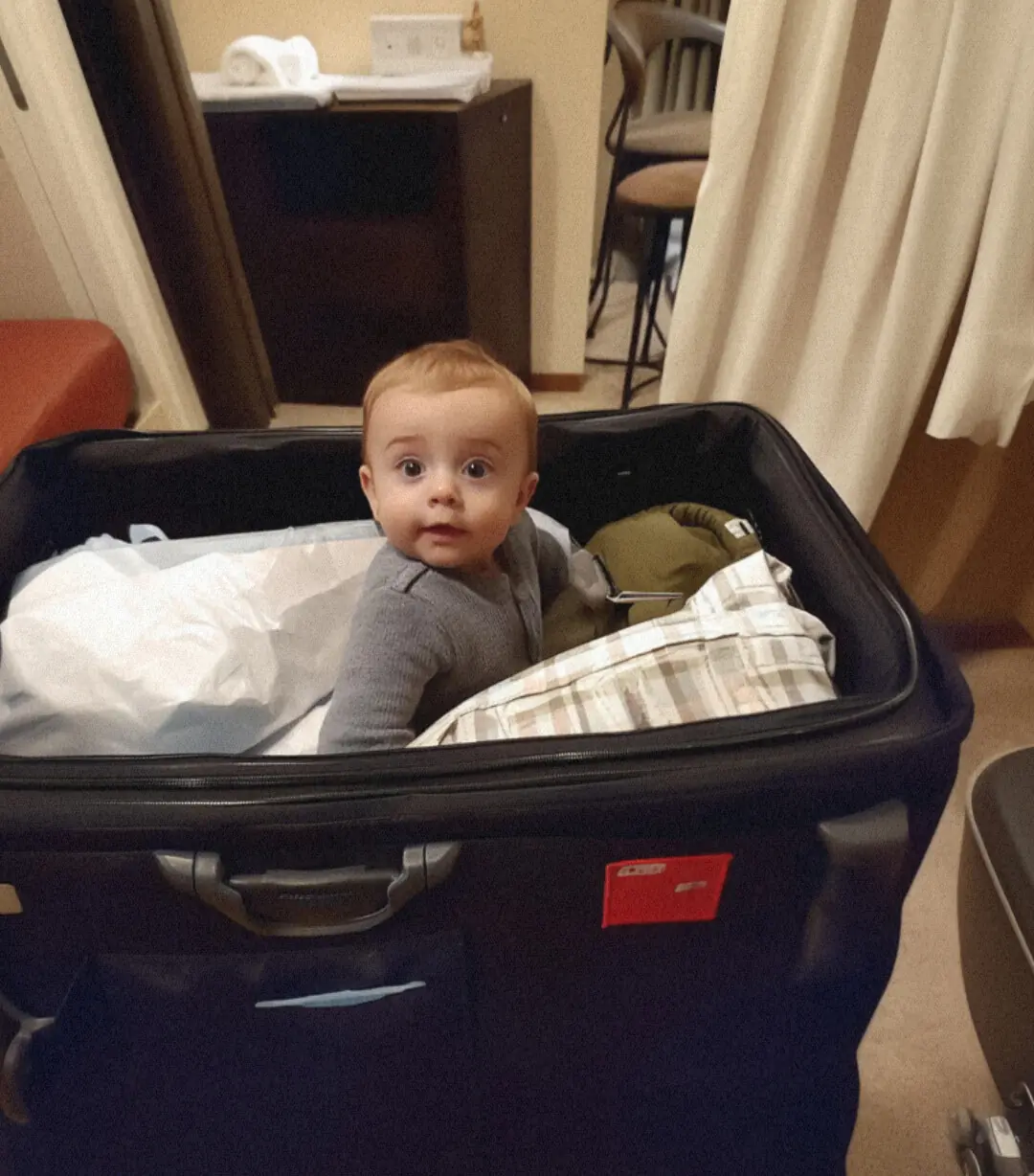
My Daughter Dropped off My Grandson and Disappeared — Three Weeks Later I Got a Call That Broke My Heart
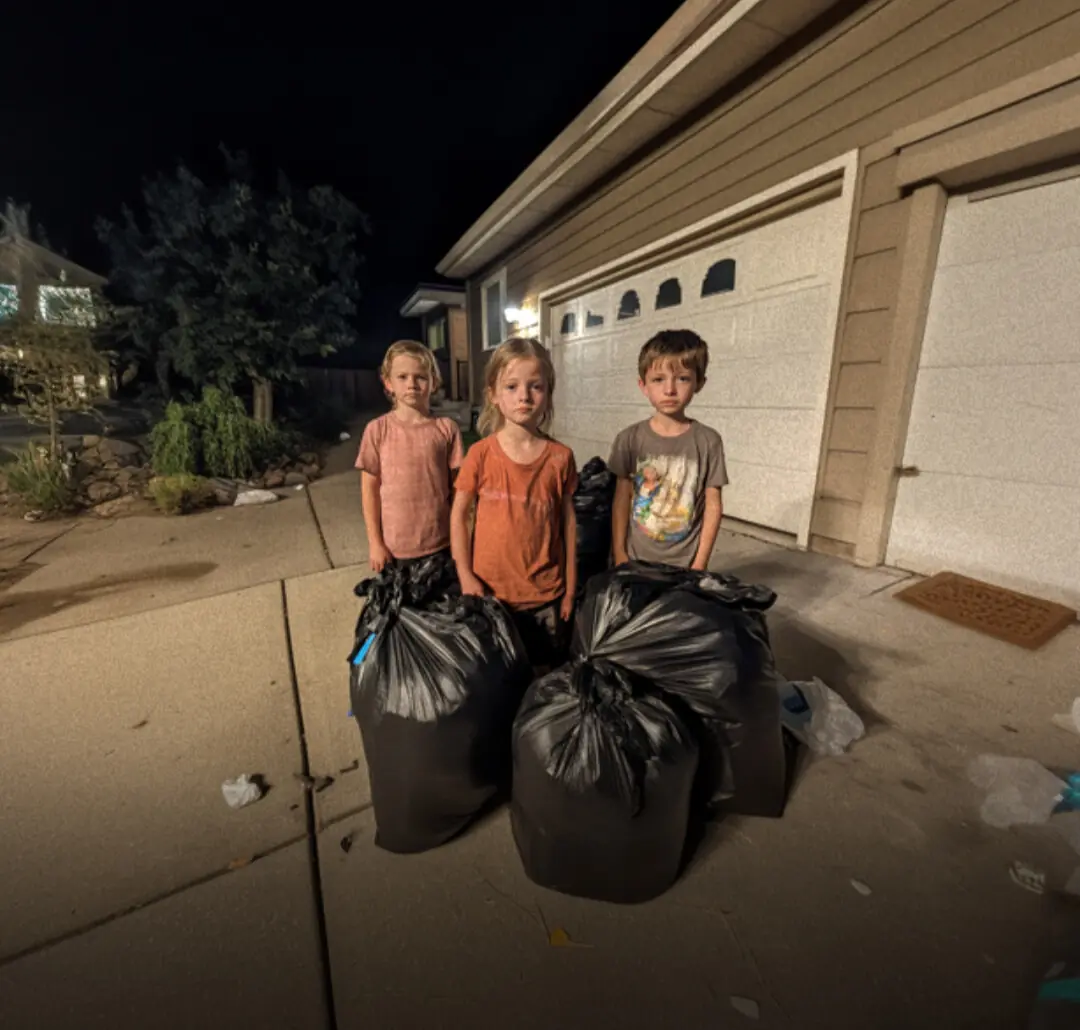
My Husband Kicked Me and Our Three Kids Out, So I Knocked on the First Door I Saw and Asked for a Job
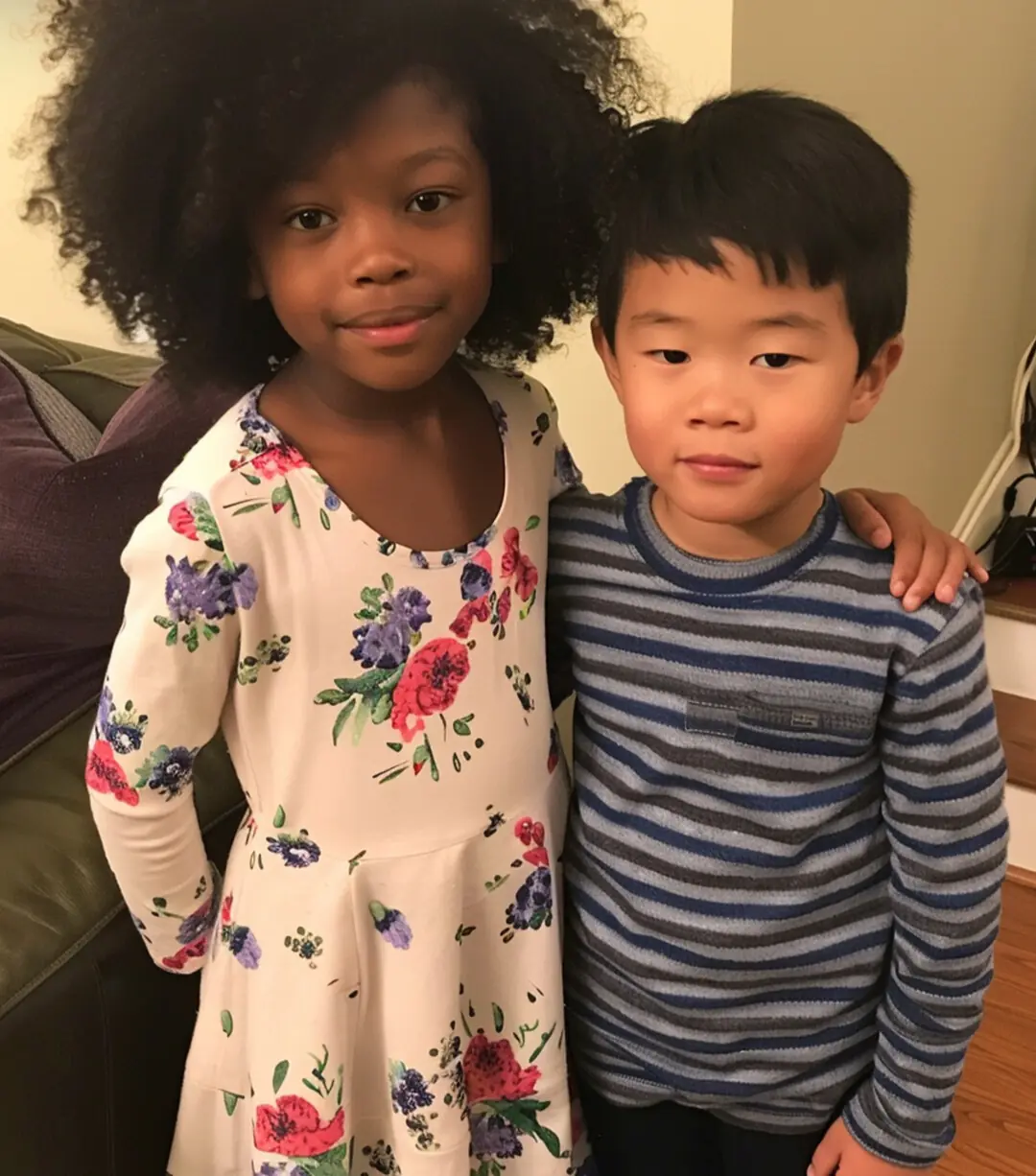
My MIL Called My Kids ‘Fake Grandkids’ Because They’re Adopted, But Karma Made Her Eat Her Words
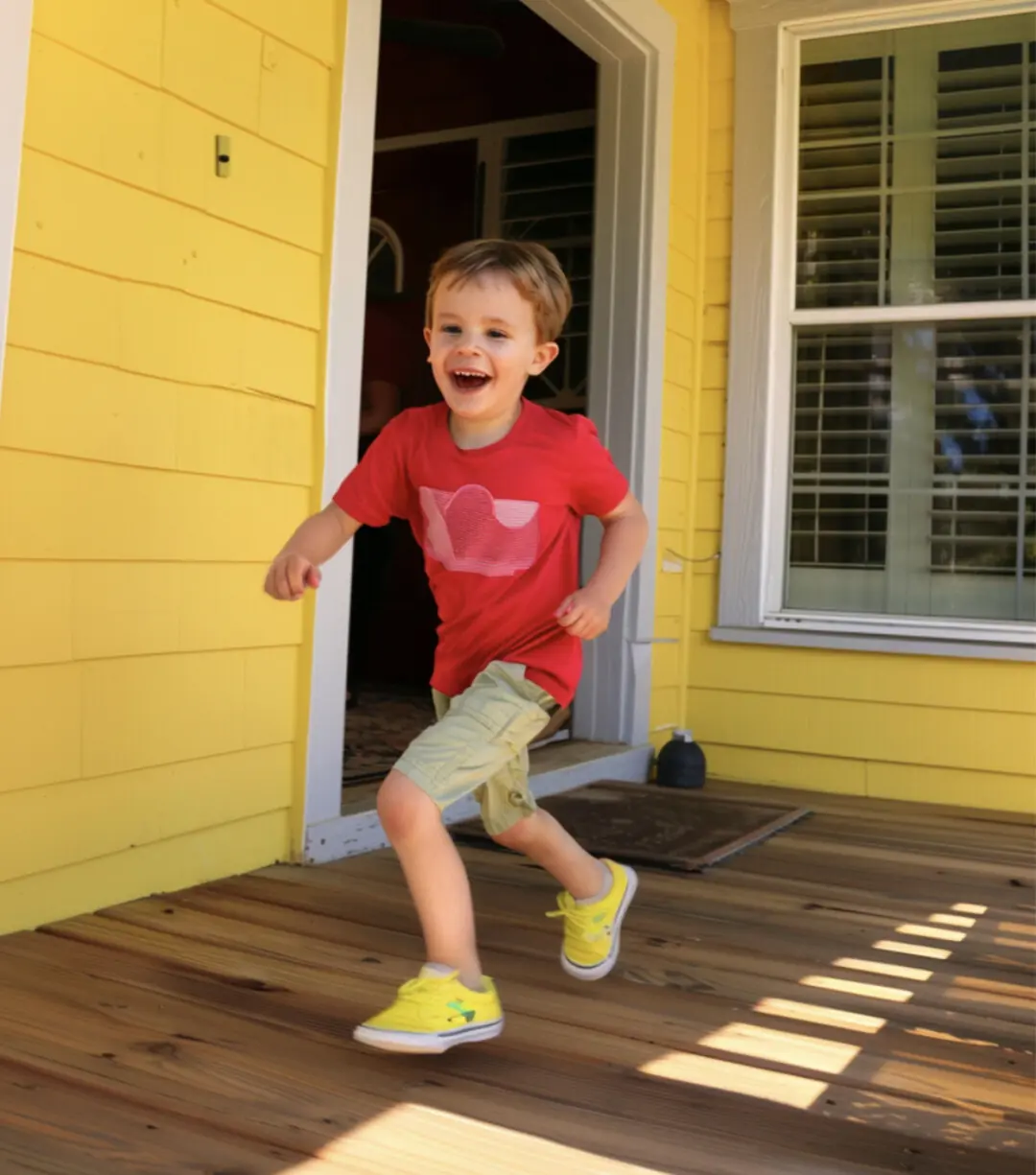
My Husband Secretly Bought a Second House – One Day, I Drove There and Was Shocked by What I Found

Girls Visit Dad's Grave to 'Show' Their New Dresses as He Asked, See 2 Boxes with Their Names

Turns Out I Rented an Apartment to My Husband's Mistress, and Their Next Date There Was One I'll Never Forget

Neighbor Mocks Poor Woman for Filthy Look of Her House, Apologizes after She Sets Foot Inside

My Wife Kicked Me Out of the House Because of the Sudden Confession of My Director

My Son’s New Classmates Turned Him from a Straight-A Student into a Troublemaker — But I Didn’t Give Up on Him

After My Brother's Funeral, His Widow Gave Me a Letter – I Wasn't Ready for What He'd Confessed
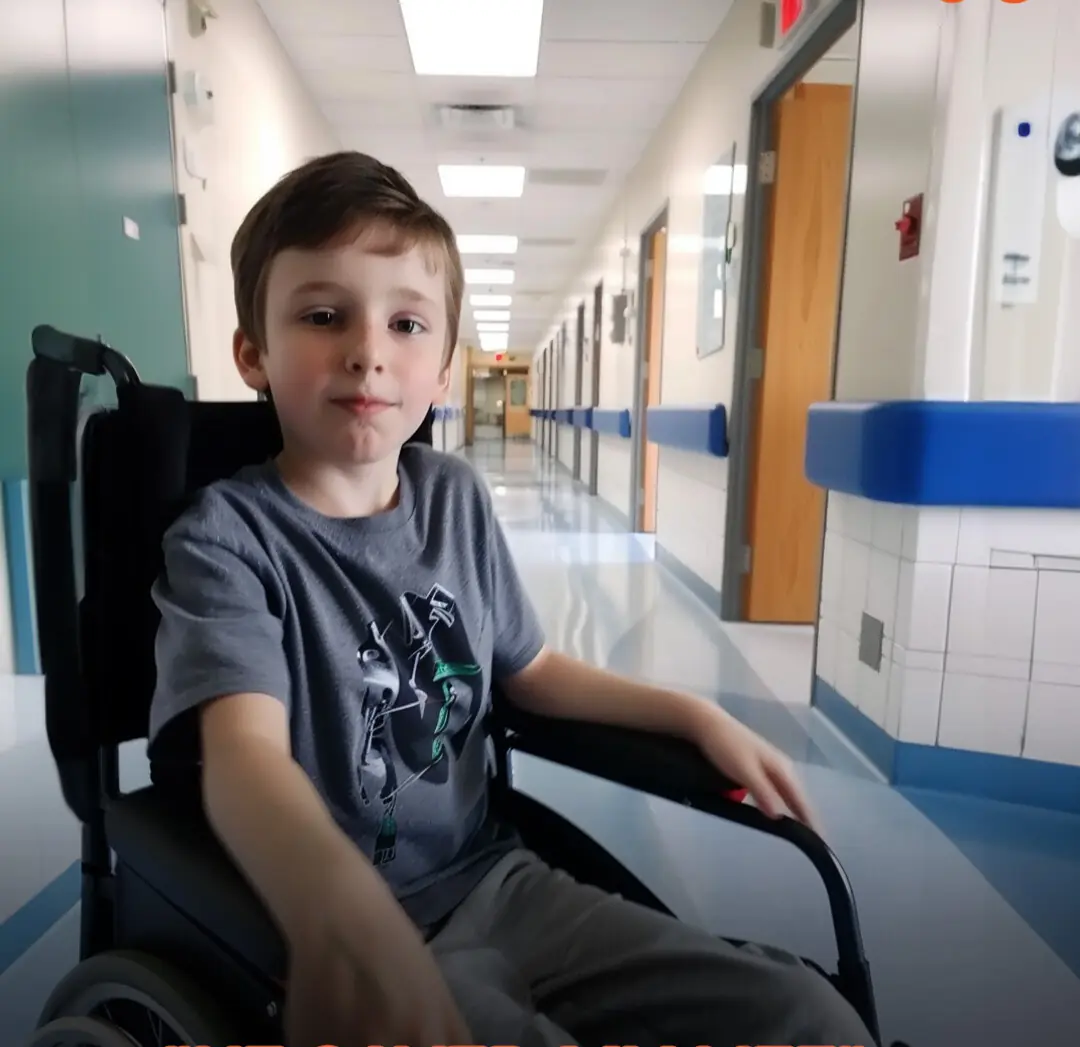
Businessman Loses All Hope After His Diagnosis, but One Hospital Encounter Changes Everything
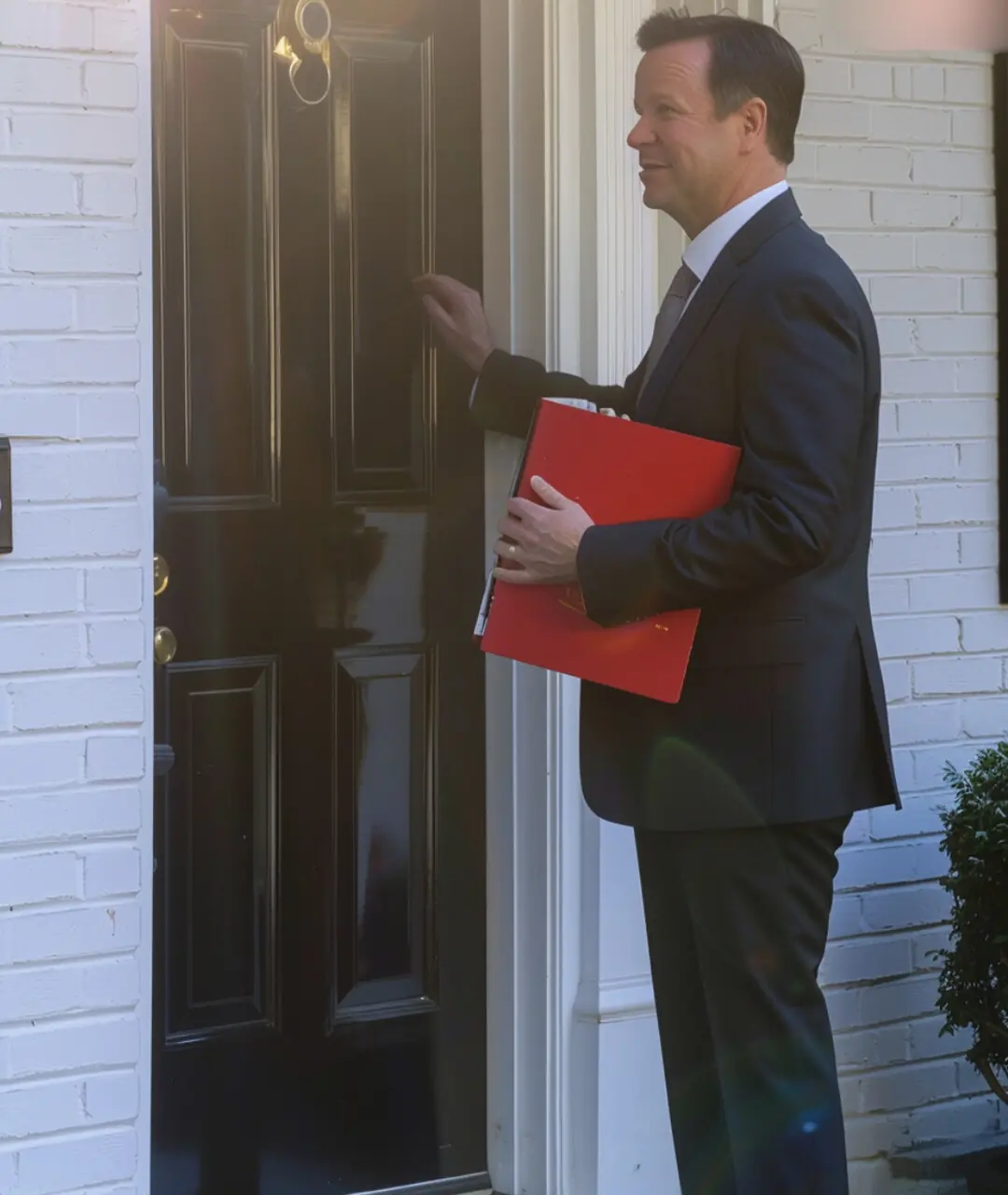
My Husband's 'Business Partner' Showed Up at Our Door and Mistook Me for the Cleaning Lady — I Decided to Play Along
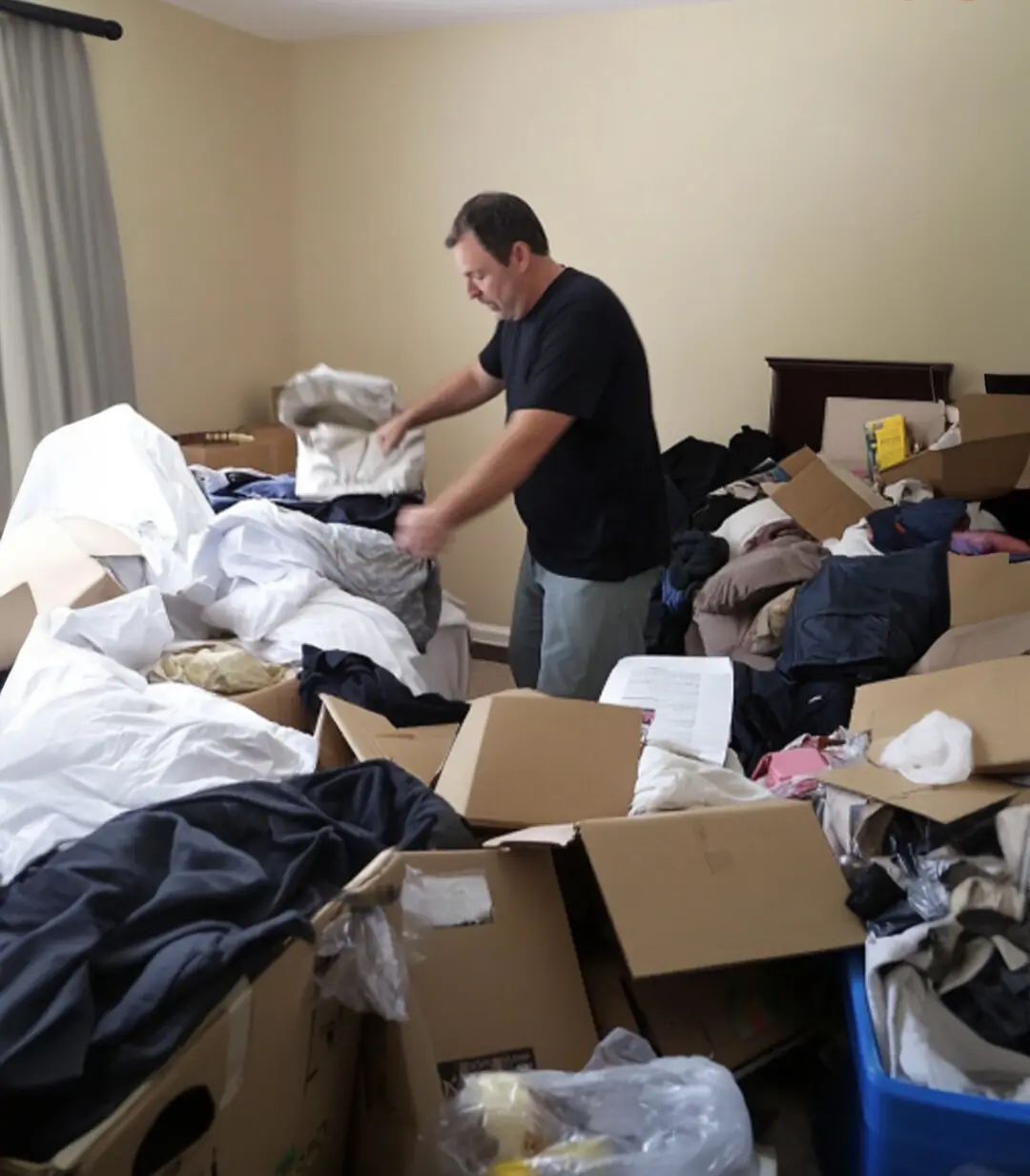
My Husband Asked for a Divorce Right After Learning About His Rich Father's Inheritance
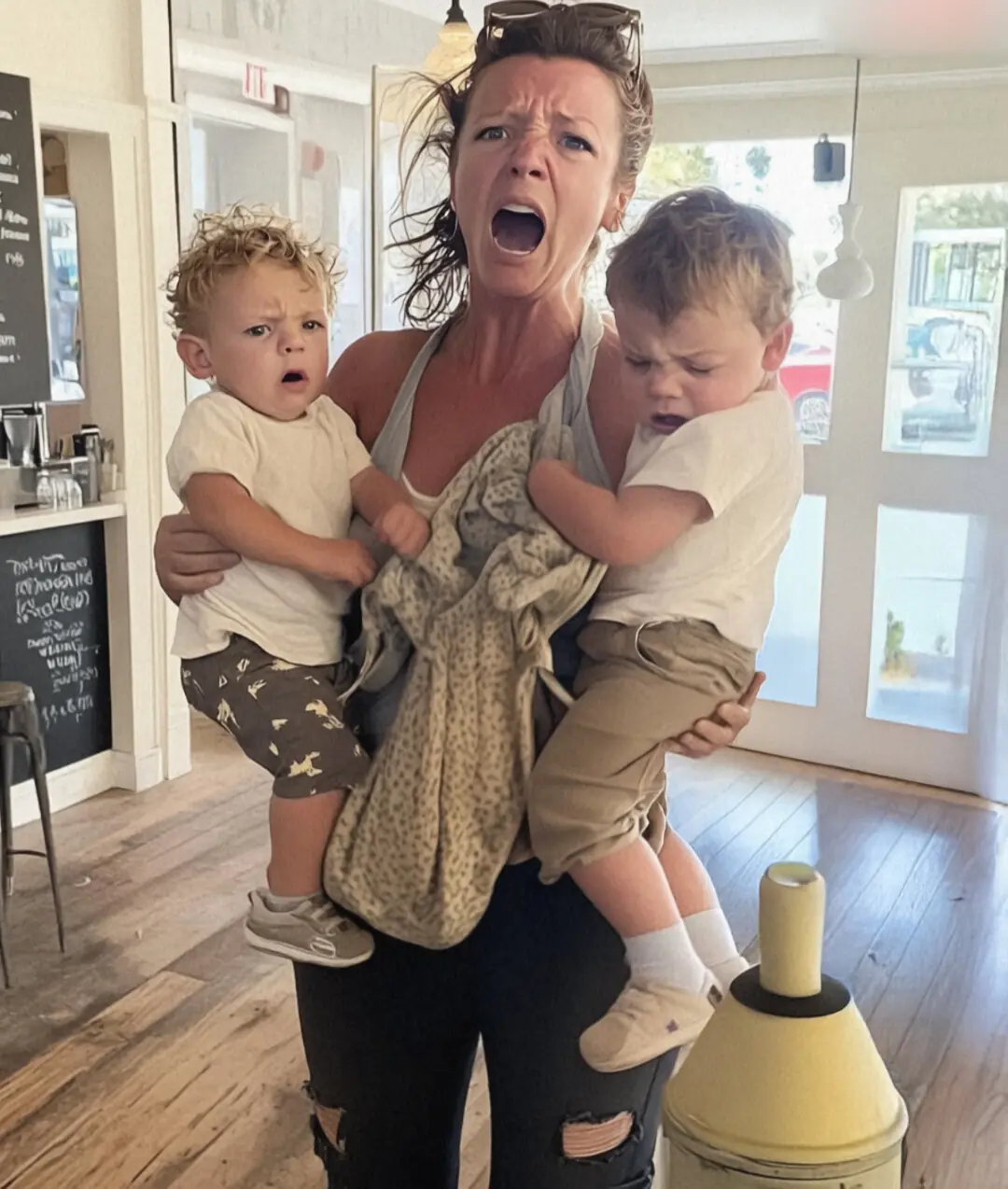
Entitled Mom Claimed My Seat at the Cafe — Her Face Turned Red after I Taught Her a Lesson
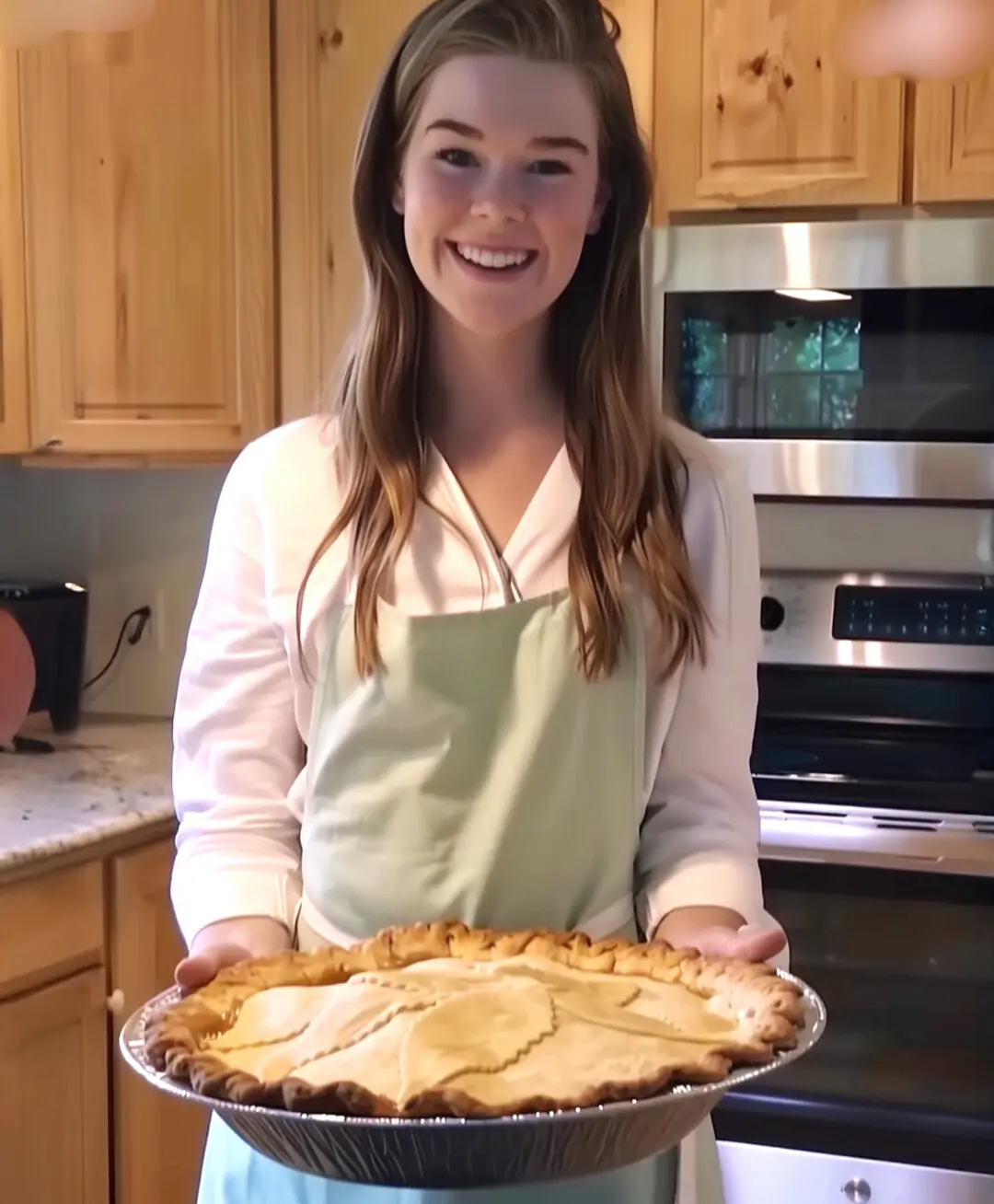
My Fiancé Told Me His Grandma Wanted to Meet Me Before the Wedding – As I Arrived, a Nurse Pulled Me Aside and Said, 'Don't Believe a Word'
News Post

Unusual Morning Signs That May Warn of Cancer Risk
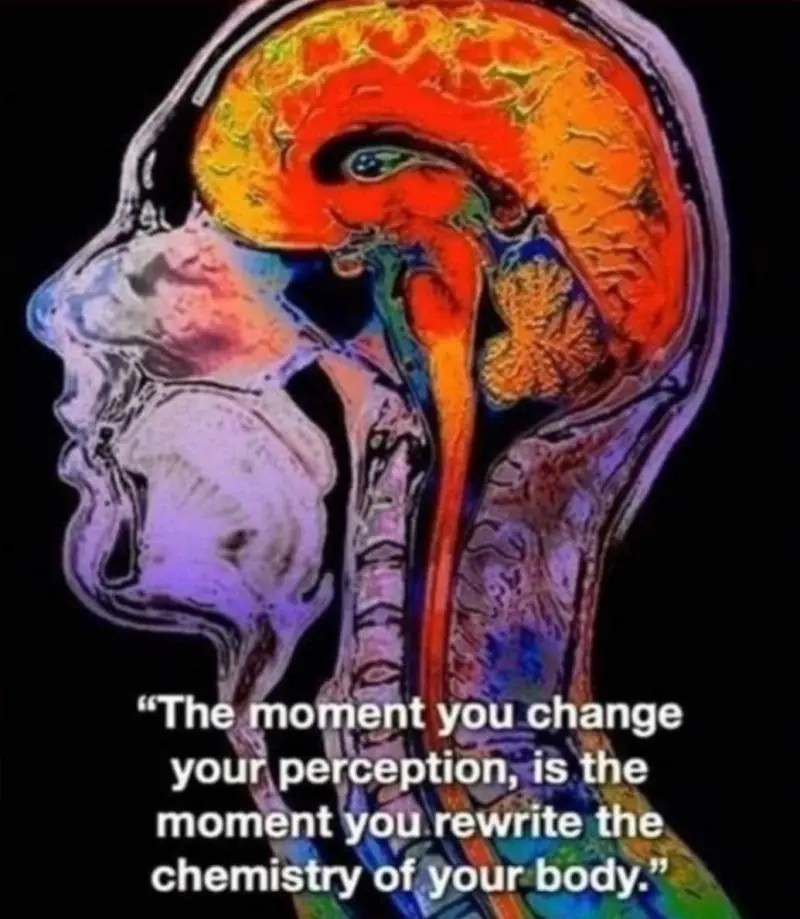
The moment you change your perception is the moment you rewrite the chemistry of your body

10 Cancer Warning Signs Women Often Overlook

Paralysed man stands again after receiving ‘reprogrammed’ stem cells

🌿 Unlock the Secret Power of Guava Leaves: Transform Your Hair, Skin & Health Naturally

🍯🌿 18 Benefits: Mix Ginger with Cloves and Honey, You'll Thank Me for the Recipe!
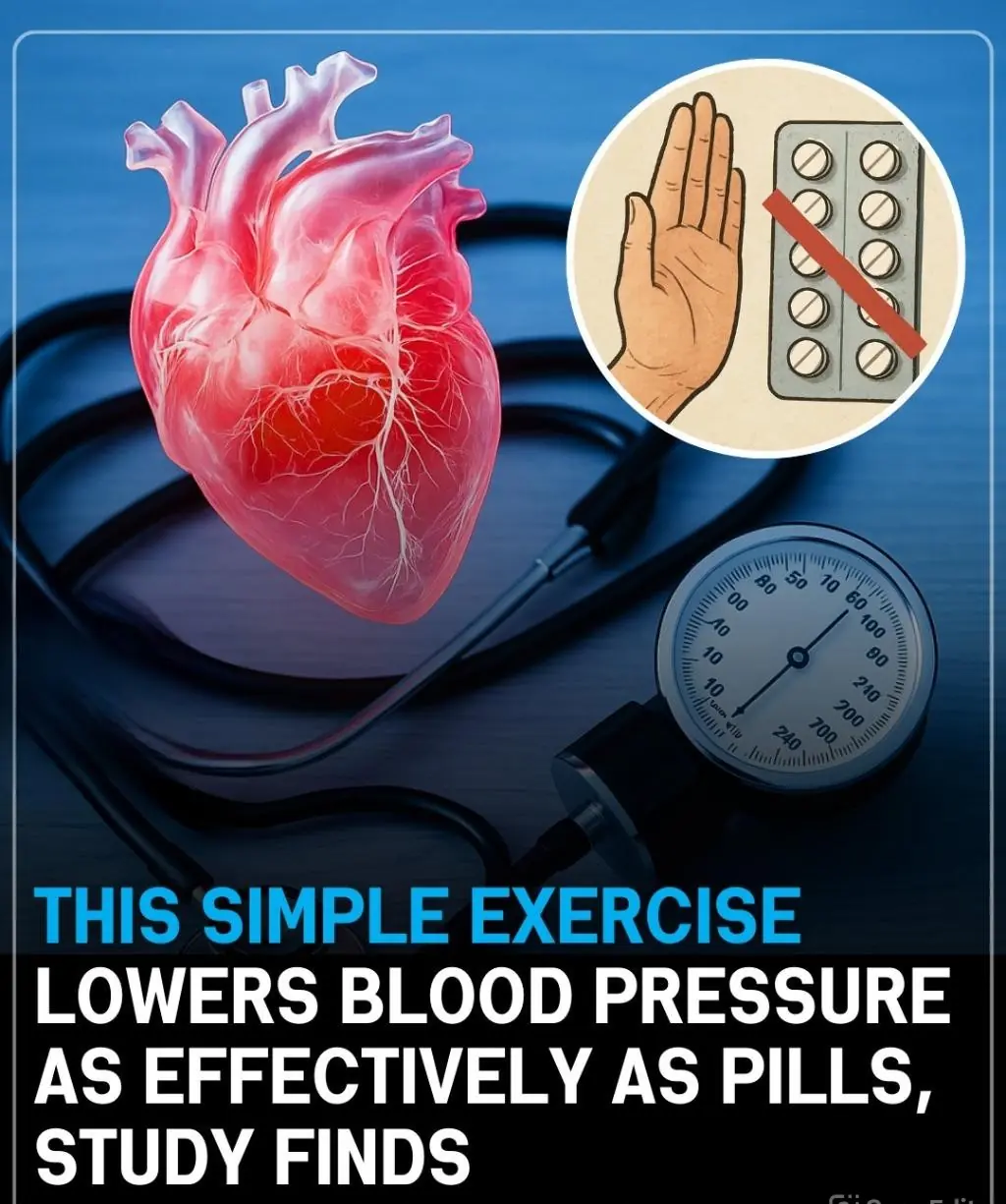
This Simple Exercise Lowers Blood Pressure as Effectively as Pills, Study Finds

From Causes to Cures: Everything You Need to Know About Fatty Liver
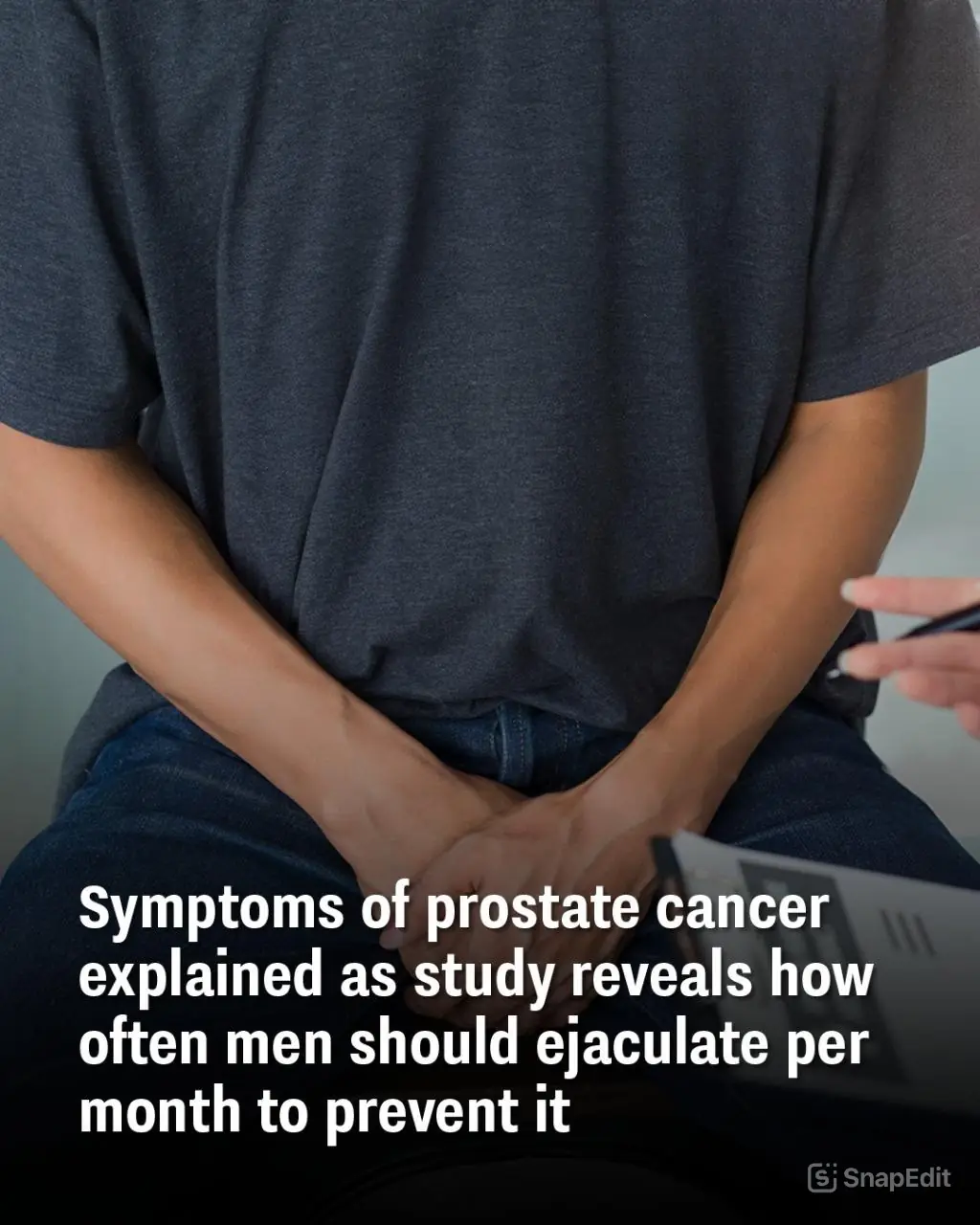
Symptoms of prostate cancer explained as study reveals how often men should ejaculate per month to prevent it

Why Skipping Breakfast Could Be Harming Your Health: Hidden Dangers You Need to Know
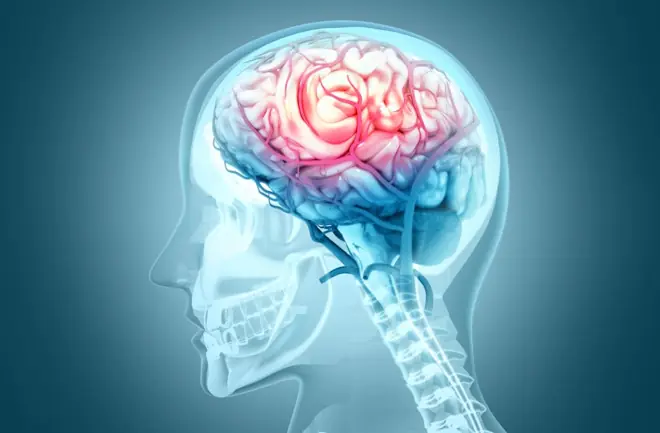
Recognizing the Warning Signs of a Stroke: Why Immediate Action Can Save Lives

Nurse Who Has Seen Over 100 People Die Reveals That Everyone Says The Same Thing Before They Pass

A 48-Year-Old Man Has Been Diagnosed With Stage 4 Cancer And Has Disclosed ONE Common Symptom That He Initially Overlooked

Poisoned Easter Eggs Sent To Ex’s New Family — 7-Year-Old Passed Away

Deaths from six cancers are rising in men and women and symptoms mean they could be easy to miss
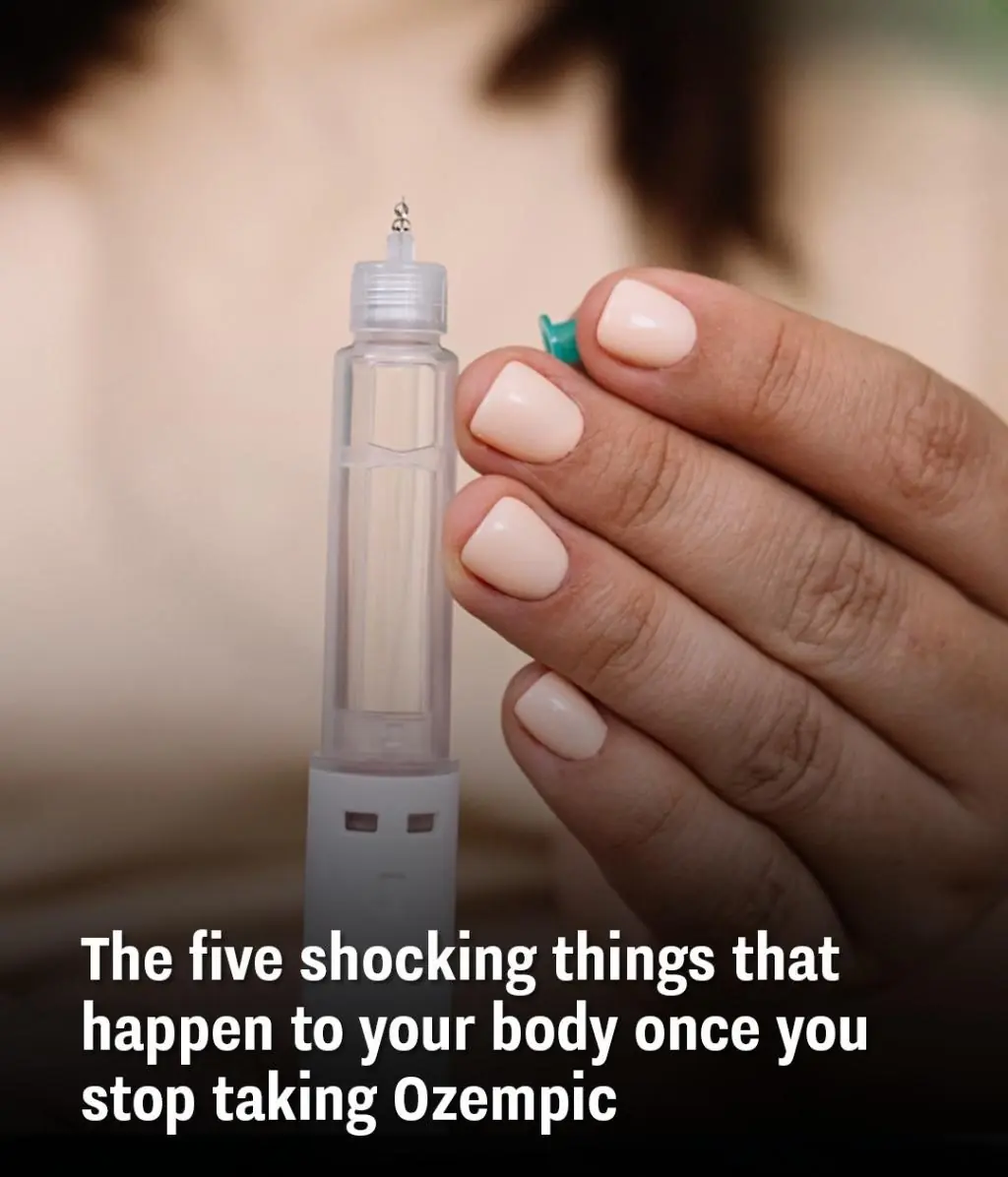
The five shocking things that happen to your body once you stop taking Ozempic

Granddad Forbids Anyone from Touching His Old Mattress, Girl Finds Stash There after His Death

My Stepmom and Her Adult Kids Changed the Locks After My Dad's Funeral – But My Mom Had the Final Word
